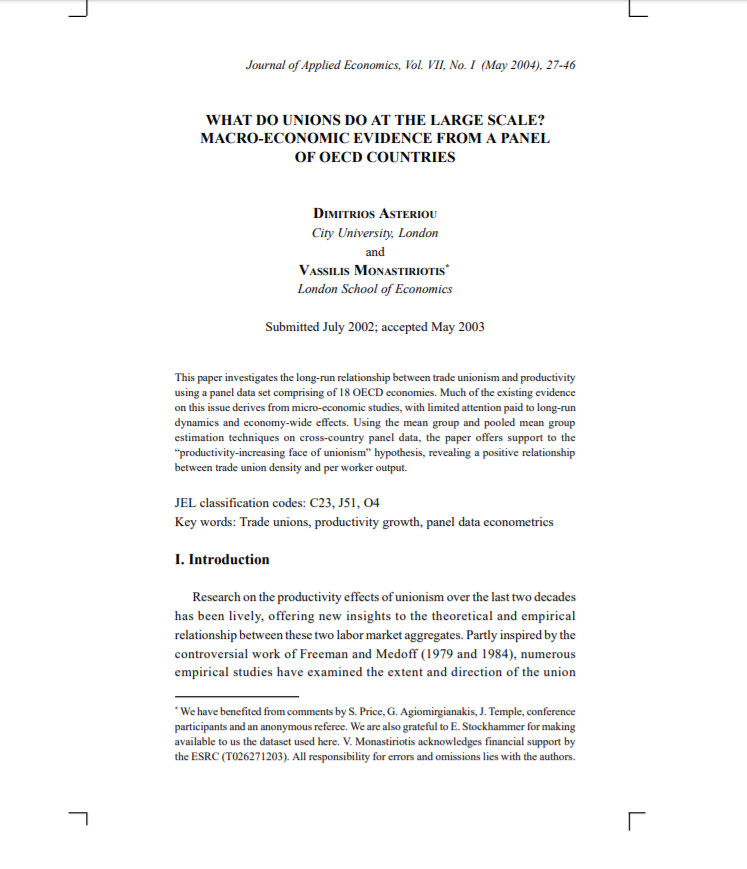Foreword
Social dialogue is one of the cornerstones that the ILO is founded upon. It has a major role to play in realizing the ILO’s objective of promoting opportunities for women and men to obtain decent and productive work in conditions of freedom, equality, security and human dignity.
When we think of social dialogue in the context of industrial relations among the social partners, we associate it with negotiations on issues such as salaries, working conditions and advocacy in the workplace. However, in today’s rapidly globalizing world, where geographical borders are becoming less of a barrier to trade and where new technologies are increasingly changing the way in which enterprises operate, and the way people work, social dialogue is becoming more and more important to the development of skills for the continuing employability of workers throughout their working life.
This book makes a case for a more representative social dialogue on skill development that is tripartite in nature, ensuring that all three social partners – government, enterprise and workers – are included in negotiations. While there must be responsibility on behalf of government to provide the mechanisms that encourage participation of workers and enterprises in social dialogue, for social dialogue on skills development to work effectively, enterprises must participate in a responsible and positive manner, realizing that their productivity and competitiveness is reliant on a well trained and adaptable workforce. Workers must participate in social dialogue as both a right and a responsibility in order to realize decent work through access to continuing education and skills training in order to guarantee their skills remain marketable.
This book has primarily emerged as a result of an ILO APSDEP tripartite workshop in Bangkok and an ILO and Korean Labor Institute tripartite workshop on Skill Development, High Performance Work Organization and Social Dialogue in Seoul, both held in March 2003. The meetings highlighted a fundamental lack of awareness of how social dialogue can play an important role in advocating the interests of governments, employers and workers by ensuring that each benefits from their investment in developing the skills of the workforce.
It draws on a number of papers prepared by participants at the two meetings as well as ILO resource persons and ILO Senior Specialists. Further, it also looks at some of the broader challenges for social dialogue on productivity and skill development among the social partners. The book touches on the relevant ILO Standards and Recommendations, particularly the new draft Recommendation 150 on human resources development that will, after nearly four years of discussions, consultations, drafting and redrafting, be finalized in In the interests of reinforcing the need for change, this publication repeats a number of important issues and points and makes no excuse for this. It is the hope and intention of the authors that this book will stimulate further debate on the subject of social dialogue on skills development in order to promote greater opportunities for decent work for all, productive and competitive enterprises and greater economic and social well being of Asian economies.
Christine Evans-Klock, Director
ILO Subregional Office for East Asia
For the original source, please click here.






